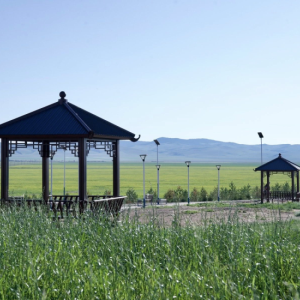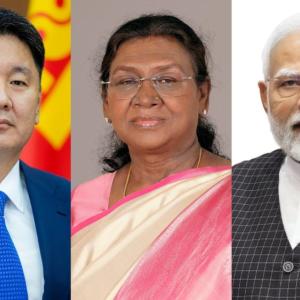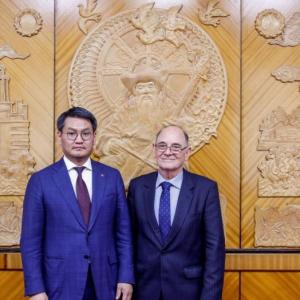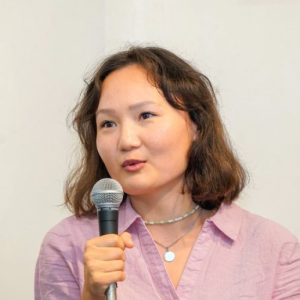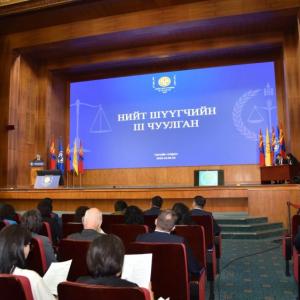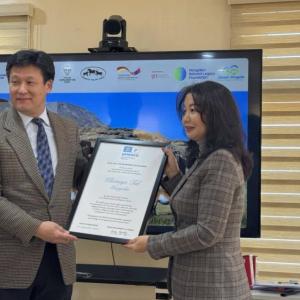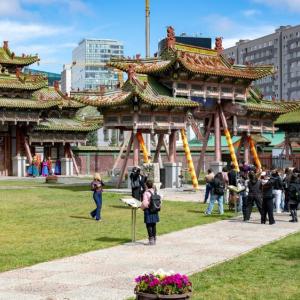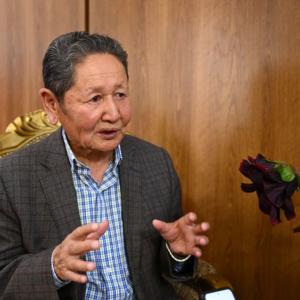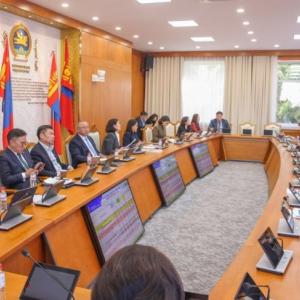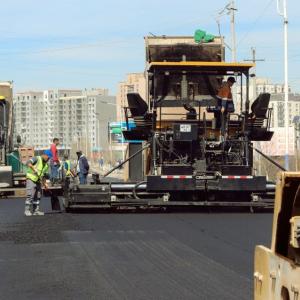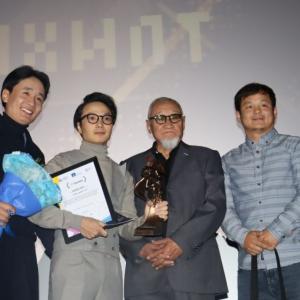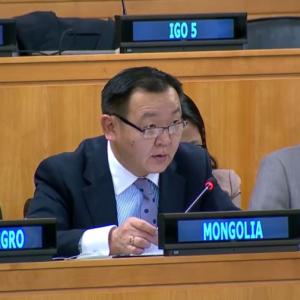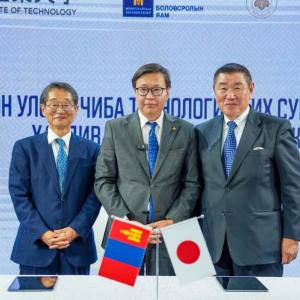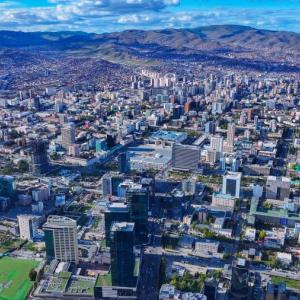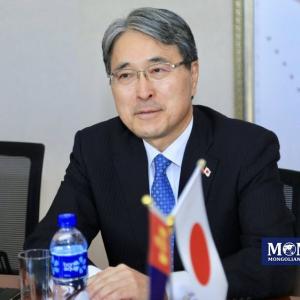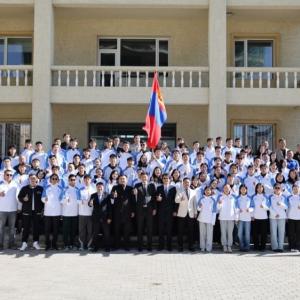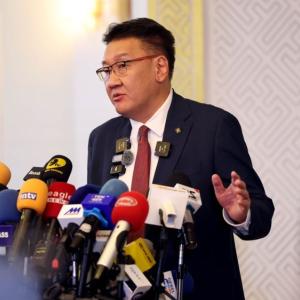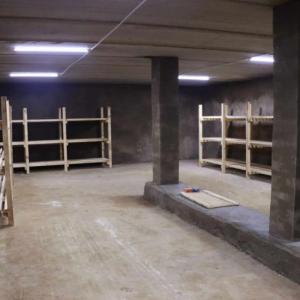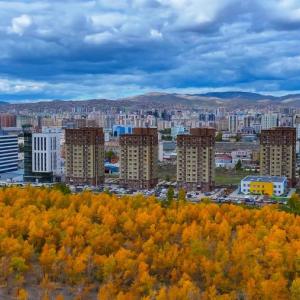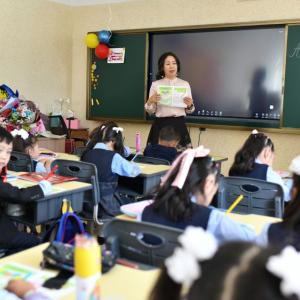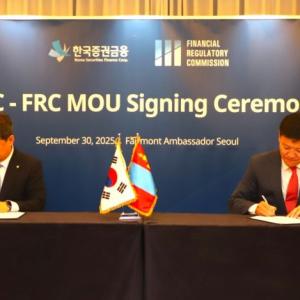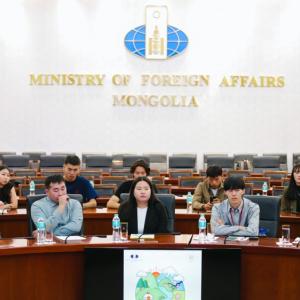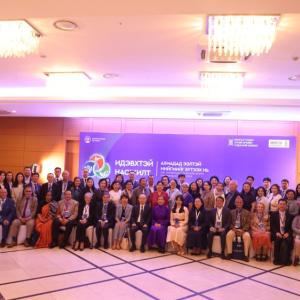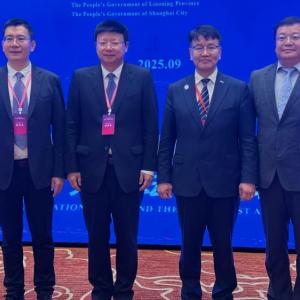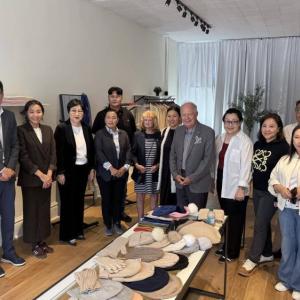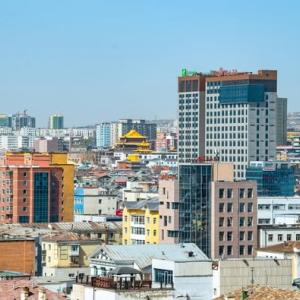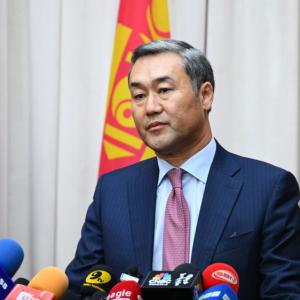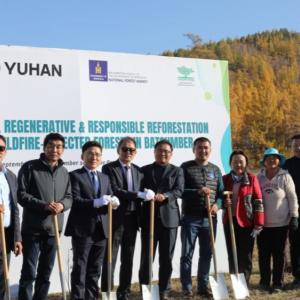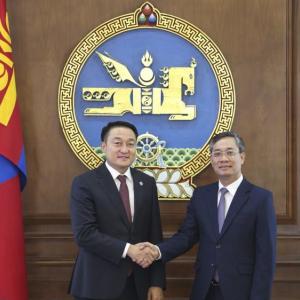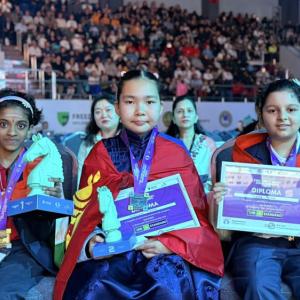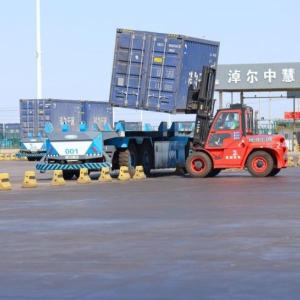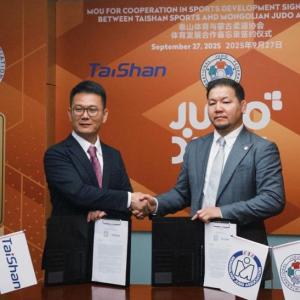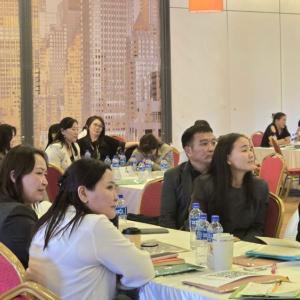Mongolia’s Judiciary Gathers to Elect New General Council Members
Politics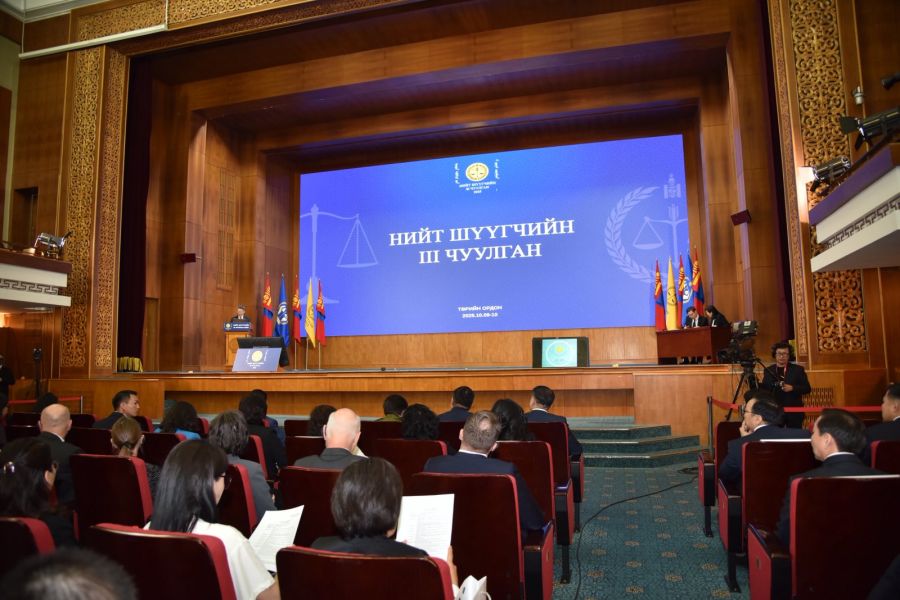
Ulaanbaatar, October 10, 2025 /MONTSAME/. The Third Session of the General Assembly of Judges was convened at the State Palace on October 9, 2025, bringing together judges from all levels of the judiciary.
Opening remarks were delivered by Khurelsukh Ukhnaa, President of Mongolia, and Ganzorig Damdin, Chief Justice of the Supreme Court.
In his address, President Khurelsukh Ukhnaa stated, “The judiciary is not only a vital institution for establishing and upholding justice in society, but also a key pillar of democratic governance that must function in balance with the legislative and executive branches. To strengthen its independence and autonomy, constitutional amendments were adopted in 2019, followed by revisions to the Law on Courts in 2021. As Head of State, the President of Mongolia has actively supported judicial reform and closely monitored its progress at the policy level.”
The President further emphasized that a key aspect of the session is the election to form the new General Council of the Judiciary. The newly elected members are expected to advance judicial reform, maintain policy continuity, and carry out their duties with integrity in accordance with the law.
In his address titled “From Systematic Reform to Quality Progress,” Chief Justice of the Supreme Court of Mongolia, Ganzorig Damdin, emphasized the need to improve the quality and efficiency of judicial operations.
Chief Justice noted that judges must not be overburdened and that the budget should be sufficient and suited to the judiciary’s specific needs. Despite concerns raised during the Second Session of the Supreme Court, vacancies remain unfilled while workloads continue to increase.
In 2016, there were 520 judges; today, only 516 are serving. Over the past decade, criminal cases have increased by 130 percent, misdemeanor cases by 143 percent, civil cases by 117 percent, and administrative cases by 106 percent – highlighting the growing pressure on the judiciary.
The session includes presentations and discussions on four main topics: revising procedures for receiving and distributing cases, claims, petitions, complaints, and requests; appointing judges and court panels by lottery to adjudicate cases and disputes; improving the laws within the scope of judicial authority; and strengthening the structure, operations; and disciplinary framework of the judiciary while protecting judges’ interest.
An election will be held to select members of the Judicial General Council. A total of 15 judges have been nominated: eight from the courts of first instance, six from courts of appeal, and one from the courts of cassation or review.
The session is organized in accordance with the Law on Courts, which requires the General Assembly of Judges, comprising all judges from all levels of courts, to convene every two years. This year, 516 judges from 75 courts are participating both online and in person.
Judge Ts. Tsogt of the Administrative Cases Chamber of the Supreme Court is chairing the session, with G. Altanchimeg, Head of the Civil Cases Chamber, serving as Vice Chair.
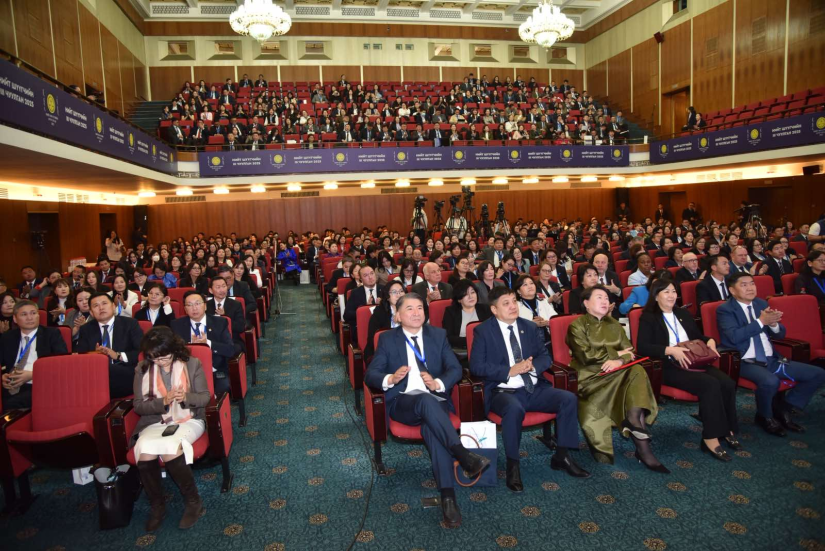
 Ulaanbaatar
Ulaanbaatar

